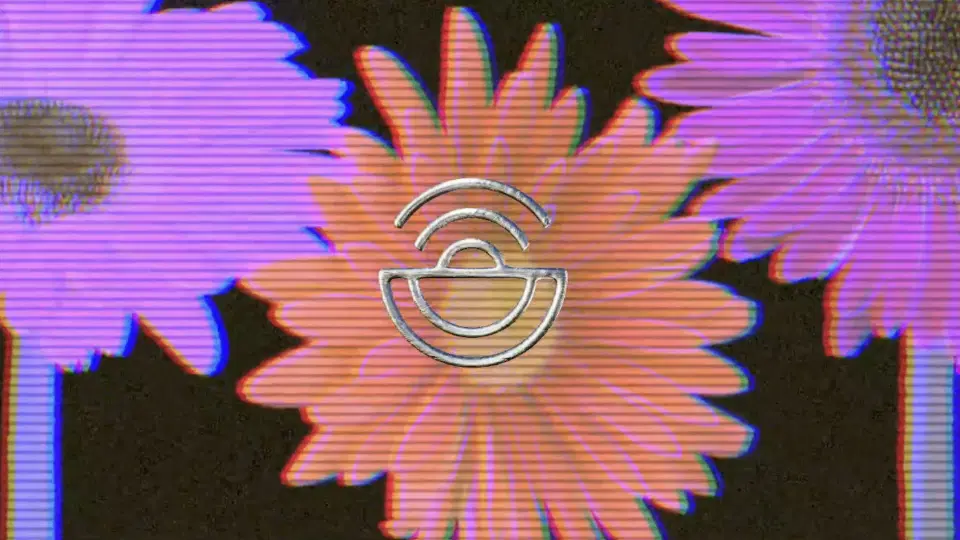
From Bali to everywhere
Honeycombers Bali and Potato Head: Talk with Simon Pestridge (Potato Head CXO) about the brand’s regenerative movement and Good Business.
Published on 25/02/2026 by Potato Head

From Bali to everywhere
Published on 25/02/2026 by Potato Head